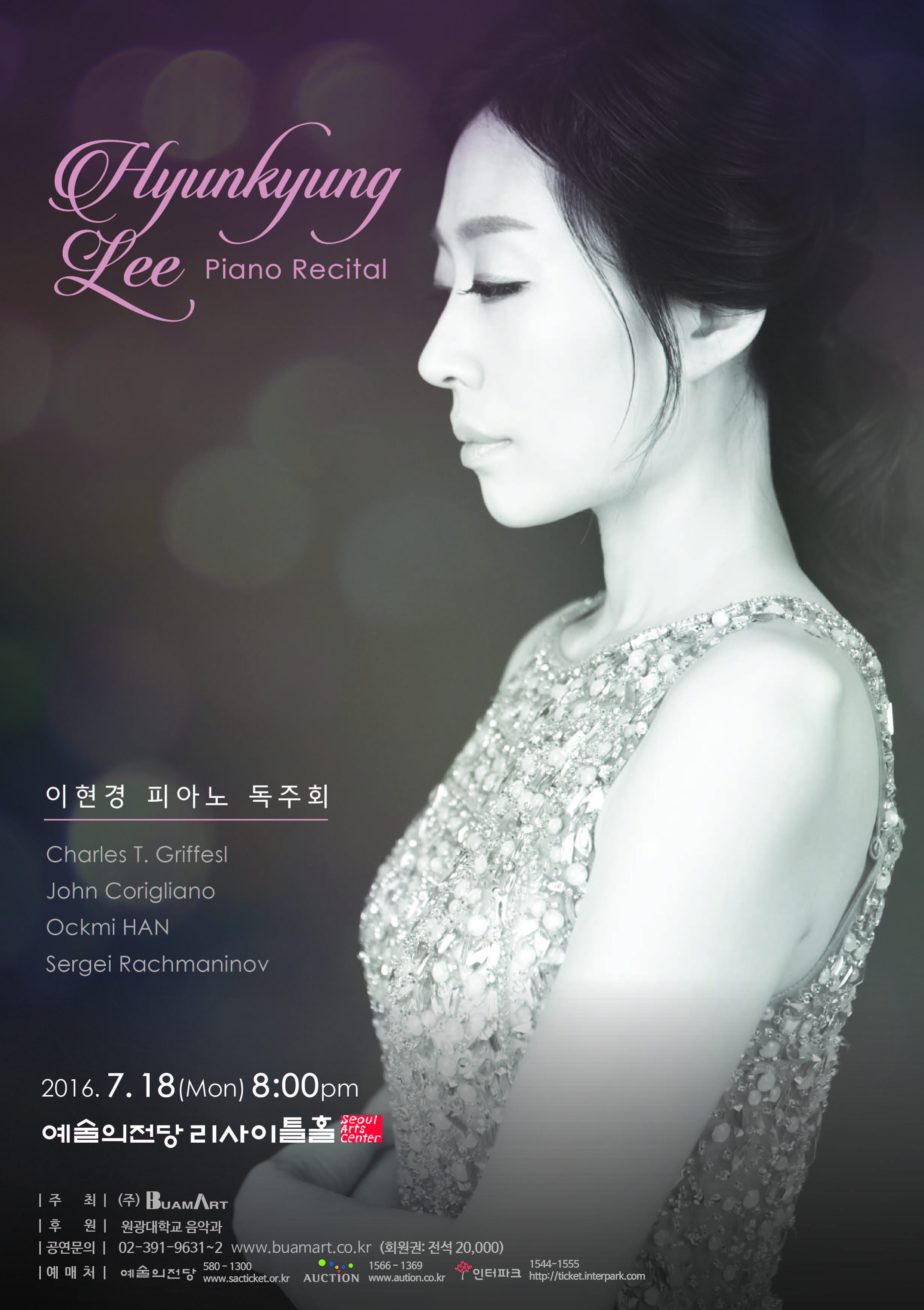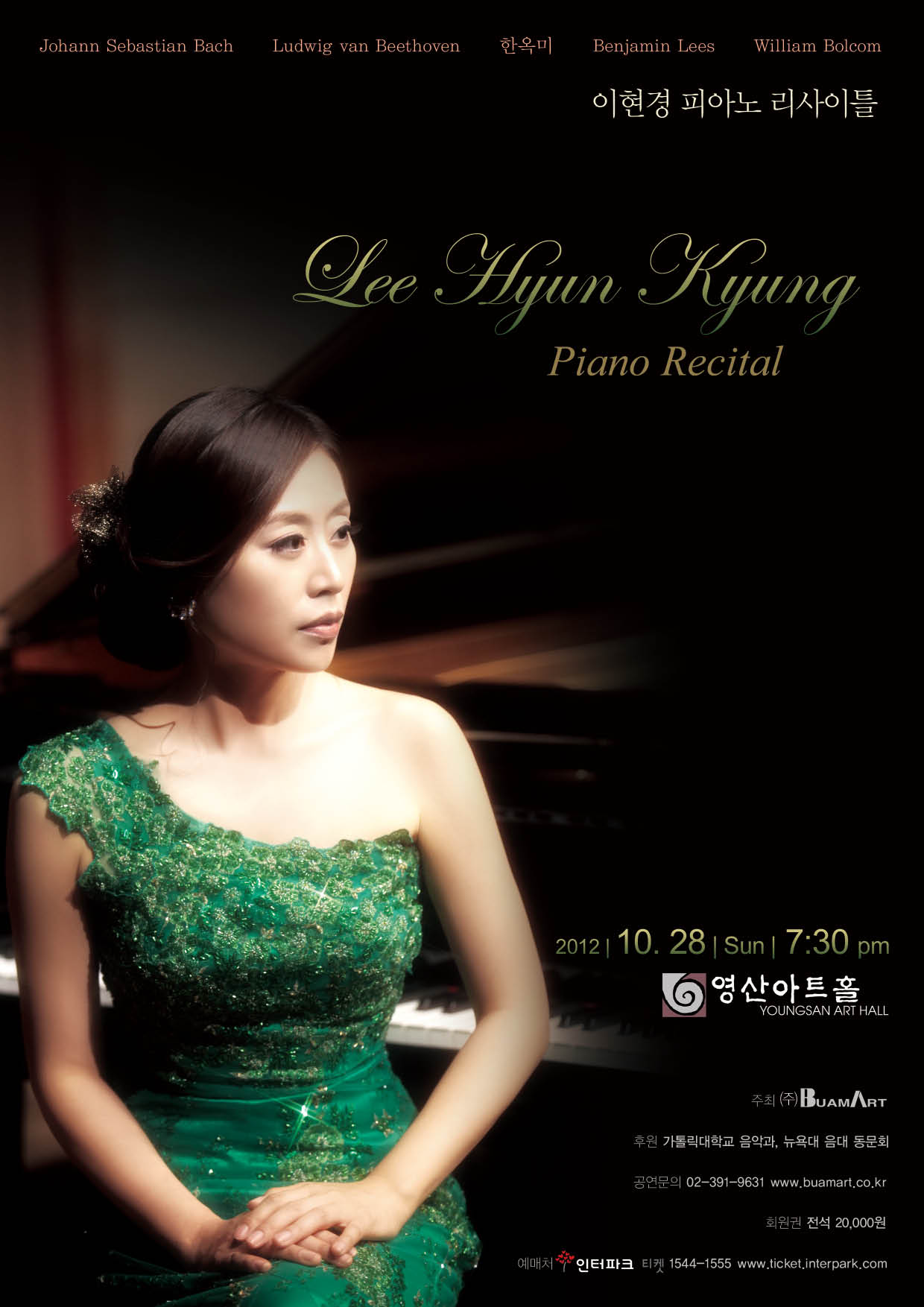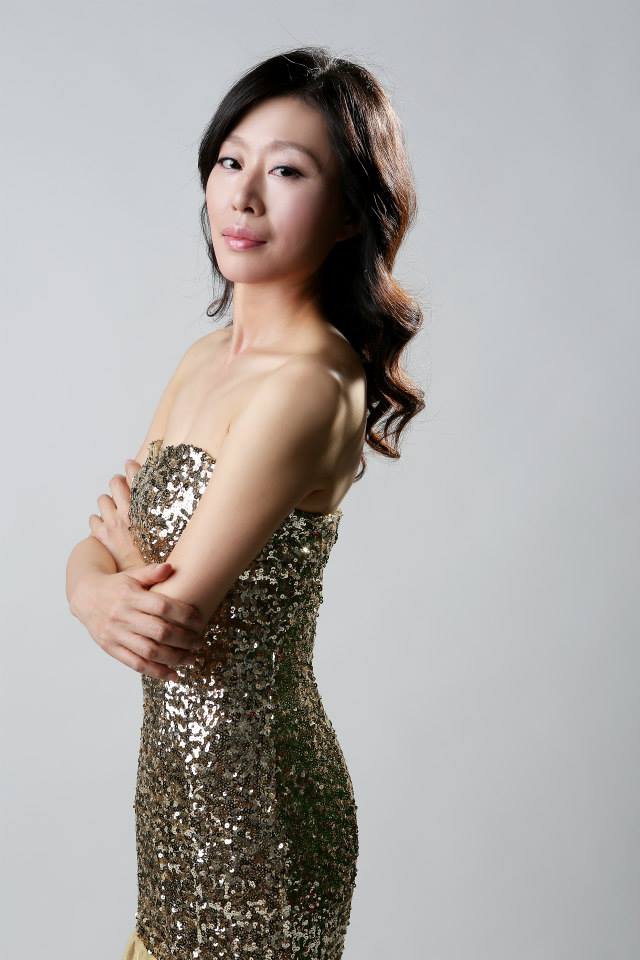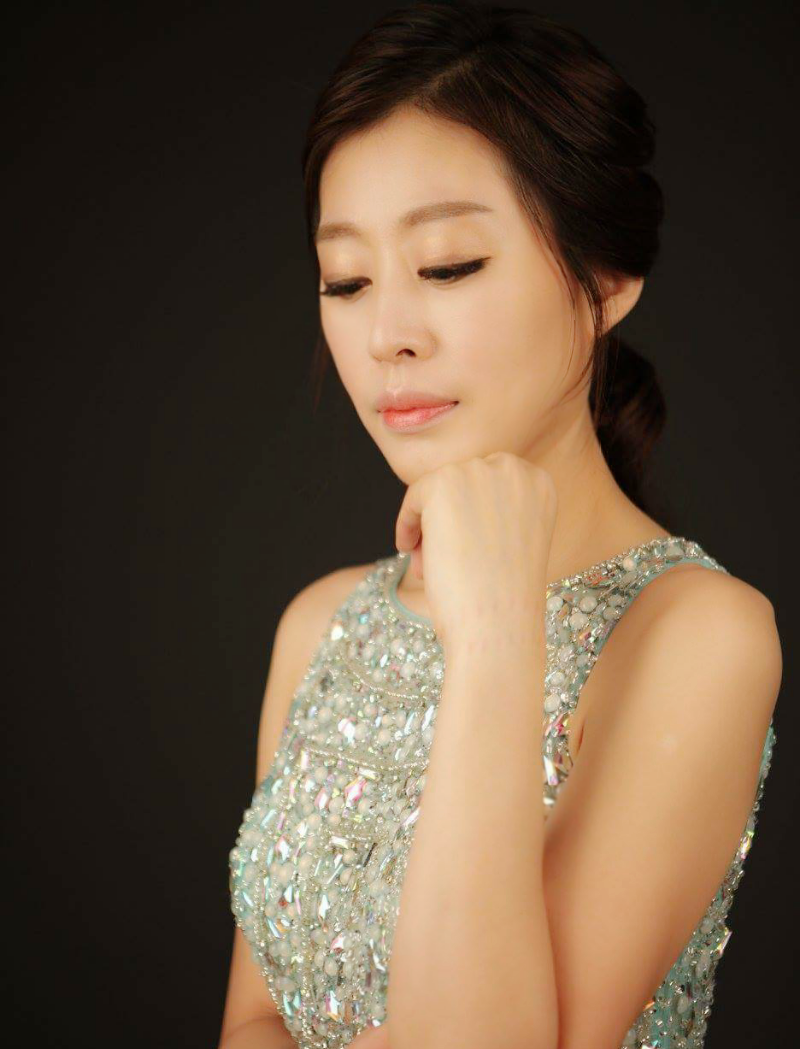Rachmaninoff
Metamorphosis
Stravinsky
Debussy
Biography
A native of South Korea, Dr. Hyun-Kyung (Kate) Lee has established herself as a distinguished pianist, artistic director, and international juror, acclaimed for her expressive depth and imaginative programming. She has appeared in over forty solo, concerto, and chamber recitals across the United States, Korea, and Europe, performing in major venues including Carnegie Hall and Steinway Hall in New York, and the Seoul Arts Center in Korea. Her European engagements include concerto and recital performances in Italy, Warsaw, Katowice, and other Polish cities, as well as collaborations with orchestras and festivals throughout the region. She has also given performances in Hong Kong.
A versatile artist, Dr. Lee is equally at home in classical and contemporary repertoire. She has premiered numerous works by modern composers, including several by OckMi Han, a French-trained composer with whom she shares a longstanding artistic collaboration. Her performances often bridge disciplines—combining piano, dance, and multimedia to create innovative and immersive concert experiences.
Dr. Lee previously served as Professor of Piano at Kangwon National University and at the Catholic University of Korea, and as Lecturer at the Catholic University of America in Washington, D.C. She has presented masterclasses across Poland, Japan, Hong Kong, Indonesia, and Korea, and has been invited as guest faculty by leading institutions such as the Karlowicz Music School in Katowice and the Chopin Music School in Warsaw.
As Founder and Artistic Director of both the Chopin Avenue Music Organization and K Novart Organization, Dr. Lee curates international competitions, festivals, and prodigy series in Europe and Asia. Through these programs, she is devoted to discovering and mentoring exceptional young musicians, guiding prizewinners of major international competitions through masterclasses, concerto collaborations, and artistic residencies. Her visionary leadership continues to shape the next generation of global performers.
Dr. Lee earned her Doctor of Musical Arts in Piano Performance from The Catholic University of America in Washington, D.C., and a Master of Arts in Performance from New York University. Her principal teachers include Miyoko Lotto, Sara Davis Buechner, Marilyn Neeley, Jose Ramos Santana, and Young Sook Kim..


My favorite composer is:
What do you most enjoy about performing live?
What is the most important lesson that you have learned through the years of teaching and performing piano?
Do I enjoy collaborating with other artistic mediums ?
Piano is a very lonely instrument, so I enjoy collaborating with other artists as I enjoy being a part of a group. I especially enjoy collaborating with dancers as they mirror the music and provide imagery for the sounds that I create.
What is my greatest inspiration while playing and composing?
Why do you believe that classical music is important in the world today?

Concerto Repertoire
W.A.Mozart – Piano concerto K. 460, 461, 488
L.V.Beethoven- Piano concerto No.5 Op.73
C. M. Weber- Konzerstuck Op.79
F.Liszt- Piano concert No.1
C. Saint-Seans- Concert No.2
Tchaikovsky- Piano Concerto No.1 Op.23
M.Ravel- Concerto in G major
G.Gershwin-Concerto in F minor
Prokofiev- Concerto No.1
Piano Preludes Book I & II, Claude Debussy
Solo Repertoire
*J. S. BACH
French Suite-BWV 816 &817
Partita-BWV 825&826
Toccata-BWV 910&916
Italian Concerto BWV 971
Chromatic Fantasy and Fugue BWV 903 Cantata BWV 208 “Sheep may safely graze”
*F. Haydn
Numerous Piano Sonatas
*W. A. Mozart
Numerous Piano Sonatas
Variation- KV.180, KV.265, KV.354, KV.455
*L.V.Beethoven
Sonata- Op.2, No.1 Op.2, No.2 Op.2, No.3 Op.7
Op.10, No.2 Op.10, No.3 Op.13 “Pathetique”
Op.27, No.1 Op.27, No.2 “Moonlight” Op.31, No.1 Op.31, No.2 “Tempest” Op.53 “Waldstein” Op.54 Op.109 Op.110 Op.111
Variation-WoO 70, WoO 78 “Rage over a Lost Penny ” Op.129 Piano Trio- Op.97 “Archduke”
*F. Schubert
Sonata- D.664, D.845, D.958
Impromptu- D. 899, No.1, No.3, No.4 D. 935, No.3
Wanderer Fantasy D. 760
Op.14, No.1
*F. Mendelssohn
Song without words Rondo Capriccioso Op.14 Variation Op.54
Piano Trio Op.49
*F. Chopin
Ballade- Op.23, Op.38, Op.47
Etude-Op.10 No.1, 4, 5,8,9,12, Op.25, no.2, 3,4,5,8, 9, 11, 12 Impromptus-Op.66
Scherzos-Op.20, Op.31, Op.54
Sonata- Op.35
Mazurkas
Waltzes
Polonaises -Op.53, Op.61
Bolero Op.19
*F.Liszt
Sposalizio
Sonetto 47, 104, 123 del Petrarca
2 Legends of St. Francis
Hungarian Rhapsody- No.2 f# minor, No.6 Db Major, No.12 Db Major Mephisto Waltze No.1
Sonata in B minor
Ballade No.2, S.171
Paraphrase on Verdi’s Rigoletto
Etude-Transecendentales etude No.8, 10
Paganini etude No.6
*R. Schumann
8 Fantasiestucke op. 12
Sonata Op.22
ABEGG-Variation Op.1
Etudes Symphoniques Op.13
Papillons Op.2
Piano Quintet-Op.44
*J. Brahms
Sonata Op.5
Klavierstucke Op.76, Op.118
Variations Op.24
Piano Quintet Op.34
Piano Trio Op.101
*A. Scriabin
Etude Op.8 No.2, 3, 12 Sonata Op.53
*S. Rachmaninoff
Prelude (a few works) Etude Op.39 No6, 8 Sonata Op.36
*S. Prokofieff
Toccata Op.11
Sonata -Op.1, Op.28, Op.29
*D. Shostakovich
24 Preludes Op.34(Completed all)
*A. Schoenberg
3 Klavierstucke Op.11
*C. Debussy
Estampes
L ‘ile joyeuse
Etude No.6 , 8
Pour le Piano
24 Preludes, Volume 1 & 2
*Maurice Ravel
Jeux d’Eau Miroirs
*Manuel de Falla
Fantasia Baetica
*Charles Griffes
4 Roman Sketches Op.7
*Samuel Barber
4 Excursions
*Alberto Ginastera
Sonata Op.22
*John Corigliano
Etude-Fantasy
*William Bolcom
The Serpent’s Kiss The eternal feminie
*Benjamin Lees
Fantasia
*N. Kapustin
Variations Op.41 on Theme by Stravinsky’s “Rite of Spring”
*Stella Sung
Toccata
*Lowell Liebermann
Gargoyles Op.29
*Sun-Hee Cho
After the rain III
*OckMi Han(World Premiere) A Promise
A Walk in the Park
Impromptu
Storytelling Music “Girl at Piano”

Selected Links to Some of Recitals
http://mticket.interpark.com/Goods/GoodsInfo/info?GoodsCode=S0009612&app_tapbar_state=fix
http://mticket.interpark.com/Goods/GoodsInfo/info?GoodsCode=13011324&app_tapbar_state=fix
http://www.ppomppu.co.kr/zboard/view.php?id=showinfo&no=9384
http://mticket.interpark.com/Goods/GoodsInfo/info?GoodsCode=12016833&app_tapbar_state=fix
